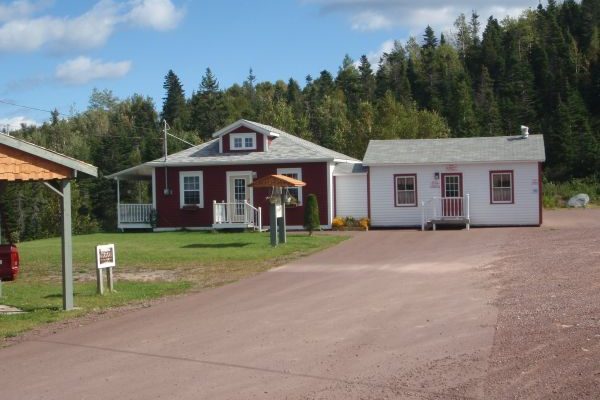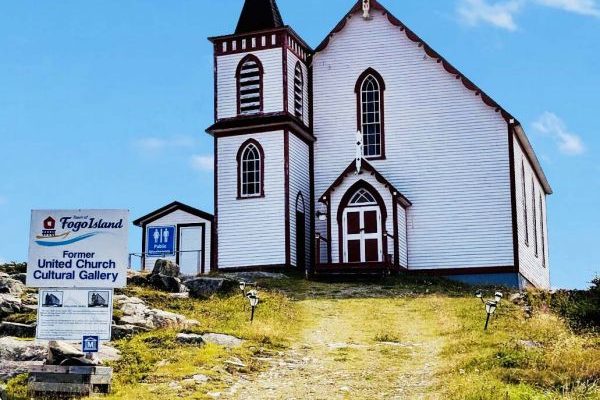Over the Top Museum
The residence of the late Peter and Ida Quinlan of Birchy Bay, built in 1916, houses the Over the Top Museum. Birchy Bay was first settled by fishermen from Fogo Island who would winter in the sheltered bays in winter’s tilts and cut timber from the surrounding area. A replica
Peterview Heritage Centre
The Peterview Heritage Centre displays artifacts, pictorial history of Peterview. Ongoing research includes obtaining artifacts from the Beothuck era for display. Wheelchair accessible.
Pilley’s Island Museum
AdmissionAdults: $2.00Youth: $1.00Under 12: FreeSeasonal Pass: $5.00. Wheelchair Accessible
Point Leamington Heritage Centre
The Centre is located on the bank of Mill River, an excellent salmon river and is adjacent to Rowsell’s Hill Nature Trail. The Centre has a gift shop and a coffee shop, Aunt Ethel’s Kitchen, where you can enjoy a snack during your visit. There is no admission fee. Donations
Red Indian Lake Interpretation Centre
Located in Millertown, nestled on the southeast shore of Red Indian Lake, the Red Indian Lake Interpretation Centre tells the story of the area’s history. This is where the Beothuk Indians once inhabited as their winter encampment. It was here where Demasduit (Mary March) was captured and then later returned
Sunny Cottage Heritage Museum
Sunny Cottage is one of the largest Queen Anne Style houses in Newfoundland. It was built in 1907 by local merchant, Mr. John J. Rose. In 1988 Sunny Cottage was recognized as a heritage structure by the Heritage Foundation of Newfoundland and Labrador and in 1996 was the winner of
Twillingate Museum
The Twillingate Museum and Crafts is housed in the former Anglican Rectory and depicts life in Twillingate at the turn of the century. Nearby stands St. Peter’s Anglican Church, one of the oldest wooden churches in Newfoundland. Inside the Museum, rooms feature a variety of displays to delight young and
United Church
devastating fire destroyed the first Fogo Methodist Mission’s church and much of Fogo Island in 1875. Within two years, Fogo’s small Methodist community of approximately 140 people rebuilt the church. Its austere appearance shows the modest temperament of the people who donated their efforts and talents into rebuilding their place







